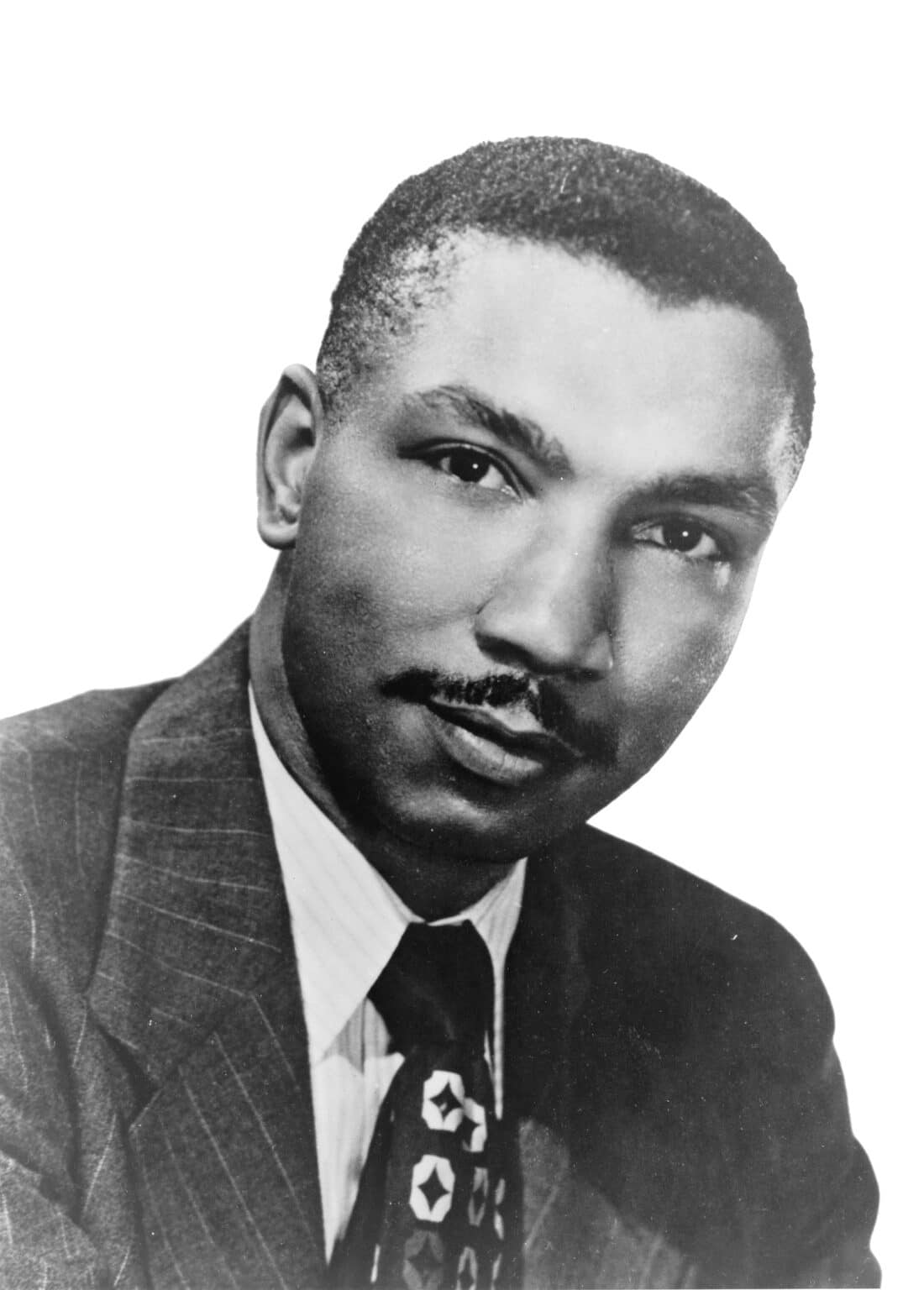RESOURCES
PEOPLE
Robert L. Carter
1917-2012
Born in 1917 in Caryville, Florida, and raised in Newark, New Jersey, Robert L. Carter was a brilliant legal mind and key figure in the legal campaign that led to the desegregation of American public schools. He earned degrees from Lincoln University, Howard University School of Law (1940), and an LL.M. from Columbia Law School, where he was influenced by legal realism and the constitutional teachings of Charles Hamilton Houston.
Carter joined the NAACP Legal Defense and Educational Fund in 1944, working closely with Thurgood Marshall as one of the chief architects of the legal battle against racial segregation. His most significant contribution came as lead attorney in Briggs v. Elliott, one of the five cases consolidated into Brown v. Board of Education (1954).
In Briggs, Carter played a critical role in shaping the constitutional and evidentiary strategy. Recognizing the need for compelling proof of the harm caused by segregation, he secured the pivotal involvement of social scientists, most notably Kenneth B. Clark, whose psychological research—including the famous doll test—demonstrated the damaging effects of segregation on the self-esteem and development of Black children. This social science evidence became a central element in the Brown arguments before the Supreme Court.
Although Brown v. Board was a landmark victory, Carter was deeply disappointed with the 1955 follow-up decision, Brown II, in which the Court ordered desegregation to proceed “with all deliberate speed.” He believed this language allowed for delay and resistance, particularly in the South, and he continued litigating enforcement and implementation cases in the years that followed.
In 1972, Carter was appointed by President Richard Nixon to the U.S. District Court for the Southern District of New York, where he served until his death in 2012. On the bench, he remained a staunch advocate for civil rights and constitutional integrity, ruling on cases involving employment discrimination, civil liberties, and voting rights.
